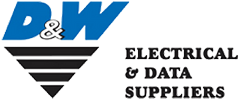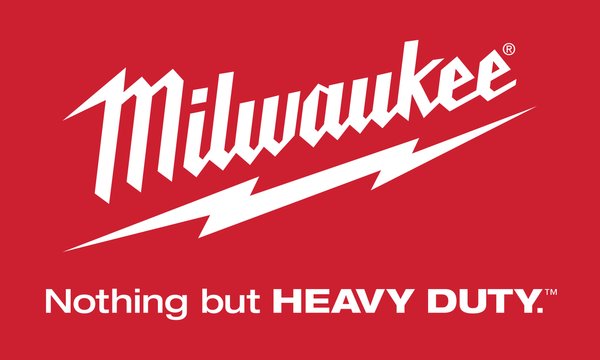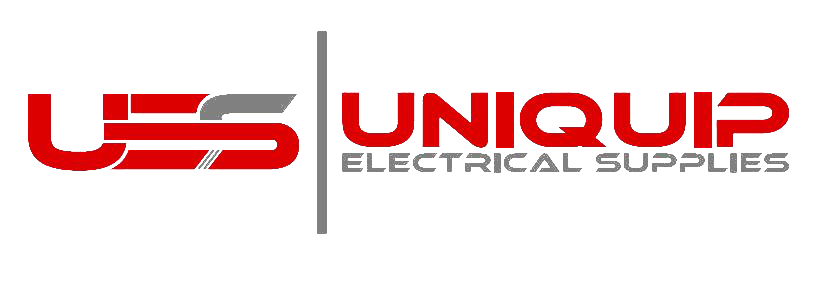Safety Alert 118 - Heat Stress

What is Heat Stress?
Heat stress occurs when the core temperature of the body rises from environmental, physical, or personal factors. There are multiple illnesses that occur from heat-related stress, these include:
- Heat Rash – Itchy skin due to blocked sweat ducts
- Heat Cramps – Painful muscle spasms caused by electrolyte loss
- Heat Exhaustion – Extreme weakness or fatigue, dizziness, nausea, headache, and rapid pulse
- Heat Stroke – A life-threatening condition with symptoms such as lack of sweating, confusion, unconsciousness, and convulsions
How to Prevent Heat Stress?
There are multiple ways to prevent the above illnesses that heat-related stress may cause. The ways to prevent and manage heat stress include:
Staying Hydrated:
- Drink water regularly
- Avoid excess of caffeinated drinks
- Monitor the colour of your urine
Working Smart:
- Schedule demanding tasks at cooler parts of the day where possible
- Take regular breaks in shaded and air-conditioned areas
- Use ventilation or fans to increase airflow
Monitoring Wellbeing:
- Look out for symptoms of heat stress in yourself and workmates
- Ensuring there is supervision and a buddy system to ensure everyone’s safety
- Report any heat stress concerns immediately
What to Do If Heat Stress Occurs?
If you or any of your workmates experience any form of heat stress here is what you should do:
Mild Symptoms:
- Move to a cool, shady location
- Drink water to rehydrate and rest to let your body cool down
Severe Symptoms:
- Immediately call emergency services (000)
- Cool down the person using fans, wet clothing, or ice packs
- Apply first aid if required
Uniform While in the Sun:
Protecting yourself from the sun's harmful effects is crucial, especially during the summer months. To minimise risks such as sunburn, premature aging, and skin cancer, the following uniform guidelines must be followed:
- Long and long uniform: This will prevent sunburn and long-term skin damage such as skin cancer.
- Wear a hat: Wearing a wide-brimmed hat will help avoid sunburn and skin damage on your face, neck, and ears, all while keeping strain off the eyes.
- Use sunglasses: They reduce eye strain and help prevent photokeratitis (sunburn of the eye).
- Apply sunscreen: Will protect skin from UV rays which in turn:
- Prevent sunburn and skin damage
- Prevents wrinkles, fine lines, sunspots, and photoaging (premature aging of skin caused by UV rays)
- Maintain overall skin health and appearance
It is essential to follow these uniform guidelines and ensure that safety wear is lightweight and breathable to prevent overheating.
More Information:
Feedback:
For further information or feedback regarding this Safety Alert, please contact EGT on (08) 6241 6100 or talk to your Field Officer.















